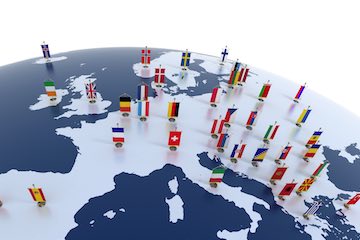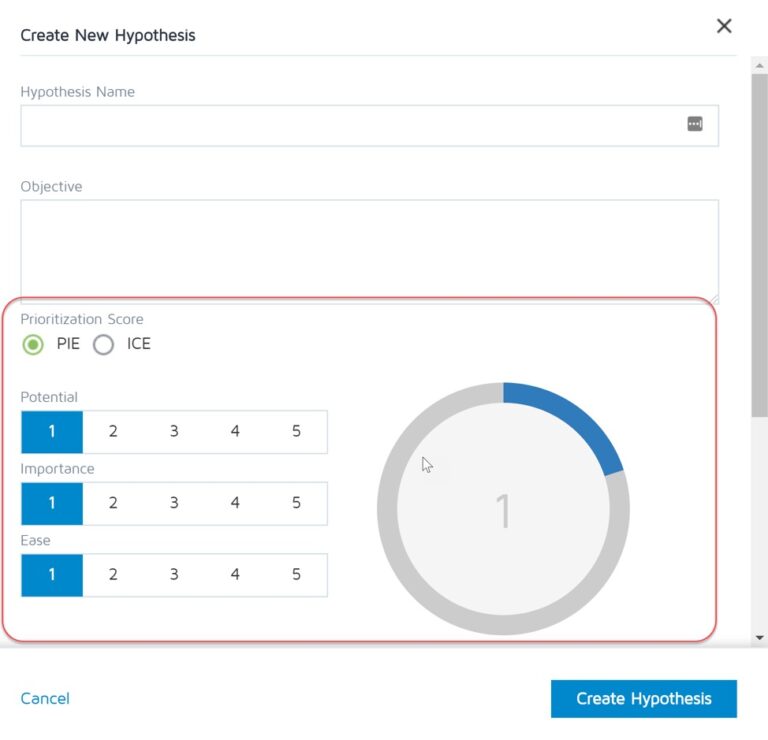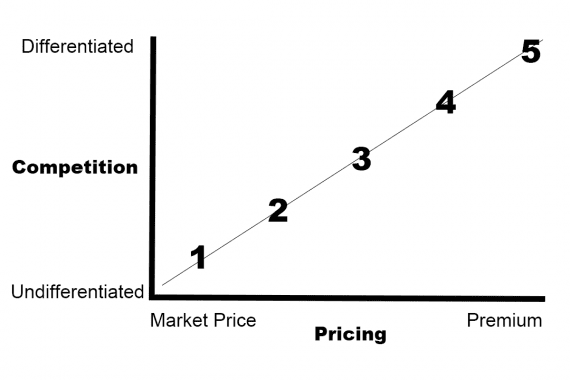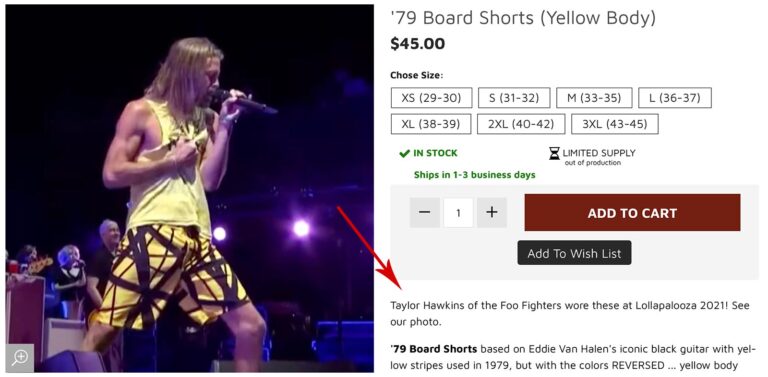Some exceptions to the three-tiered system have happened over the last decade. California, not surprisingly, allows wineries more latitude in selling to restaurants and retailers, and consumers can buy wine directly from producers in most states. But these scenarios are limited. Most alcohol sales in the U.S. exist through the three-tier system, and it gets confusing when those sales occur online.
Retailers and restaurants are the third tier and — for the most part — the only way for consumers to purchase alcohol, although nuances exist. Drizly, for example, collaborates with local retailers to sell and deliver alcohol to consumers.

The regulatory framework in the U.S. for selling alcohol is called the three-tier system — created after the repeal of Prohibition. The intention was to prevent organized crime from controlling the alcohol supply chain.
Three-tier System
Avalara, the sales tax platform, has published a helpful guide for wineries, breweries, and distilleries. “How to Sell Alcohol Online,” by 2nd Kitchen, a Chicago-based food service distributor, is also informative. And “Selling Liquor Online” by BlueCart, an order management platform, provides additional details.
That’s because online alcohol sales in the U.S. are tightly regulated, a tangle of state and federal laws that take in taxation, age verification, and even delivery. And that’s in states where it’s legal. In all, there are 50 laws for 50 states — a legacy of the political compromise that ended Prohibition in 1933 and allowed each state to regulate alcohol sales as it saw fit. Moreover, the laws differ for wine, beer, and spirits — and for in-state or out-of-state sales.
All it takes is a liquor license, right? Hardly.
“I always tell my clients, when they ask me if they should ship wine to another state, that it’s a waste of time and money,” says Kimberly Frost, a Texas attorney who advises wineries about alcohol shipping issues. “There are just too many moving parts to make it practical.”

For instance:
The first tier is importers or producers — wineries, breweries, and distilleries. They can only sell their products to a distributor.
Alcohol Laws
Online wine sales increased dramatically during the pandemic. And several state legislatures are working on laws that would make it easier to purchase spirits online. The demand is there, which could mean online alcohol sales are about to skyrocket, and savvy web retailers could take advantage of growing consumer enthusiasm.
Drizly partners with liquor retailers in select cities to sell and deliver alcoholic products to local consumers.
- The laws are different not only for selling wine, beer, and spirits but on whether the producer or a retailer does the selling.
- The laws change if the producer or retailer sells in-state versus out-of-state. Generally, it’s less complicated to sell alcohol to residents of the same state, but not always. In Texas, for example, residents in one county can’t buy wine from a retailer in another county unless they are in the store.
- Wineries can ship directly to consumers in 47 states plus the District of Columbia. But wine retailers can only ship to 14 states, plus the District of Columbia.
- Ten states, plus the District of Columbia, allow breweries to sell directly to their residents. But there is almost no legal retail sale of beer over the internet.
- Distilleries can ship directly to seven states plus the District of Columbia. But there is almost no legal retail sale of spirits over the internet.
- Some states that allow retail or producer sales have even more stringent requirements, such as caps on how much product consumers can buy annually or monthly. Often, the alcohol must be shipped to a retailer or authorized location and then picked up by the consumer.
- There are documentation requirements in the states where it’s legal. The seller must have the necessary state and federal licenses, whether a winery or retailer. In addition, the seller must have a license for the state it wants to sell to and complete the necessary paperwork to pay that state’s taxes. And needless to say, the tax laws are unique for each state.
- Thanks to services like Drizly, local delivery is much easier than it used to be. But non-local delivery, whether in-state or out-of-state, remains complicated. The U.S. Postal Service cannot legally handle alcohol despite repeated attempts to change the law. That leaves UPS and FedEx, with a few exceptions on the West Coast, having a near monopoly on alcohol delivery in the U.S., which means higher rates and sometimes troubled service.
Resources
Distributors are the second tier, and only they can sell to retailers and restaurants.






